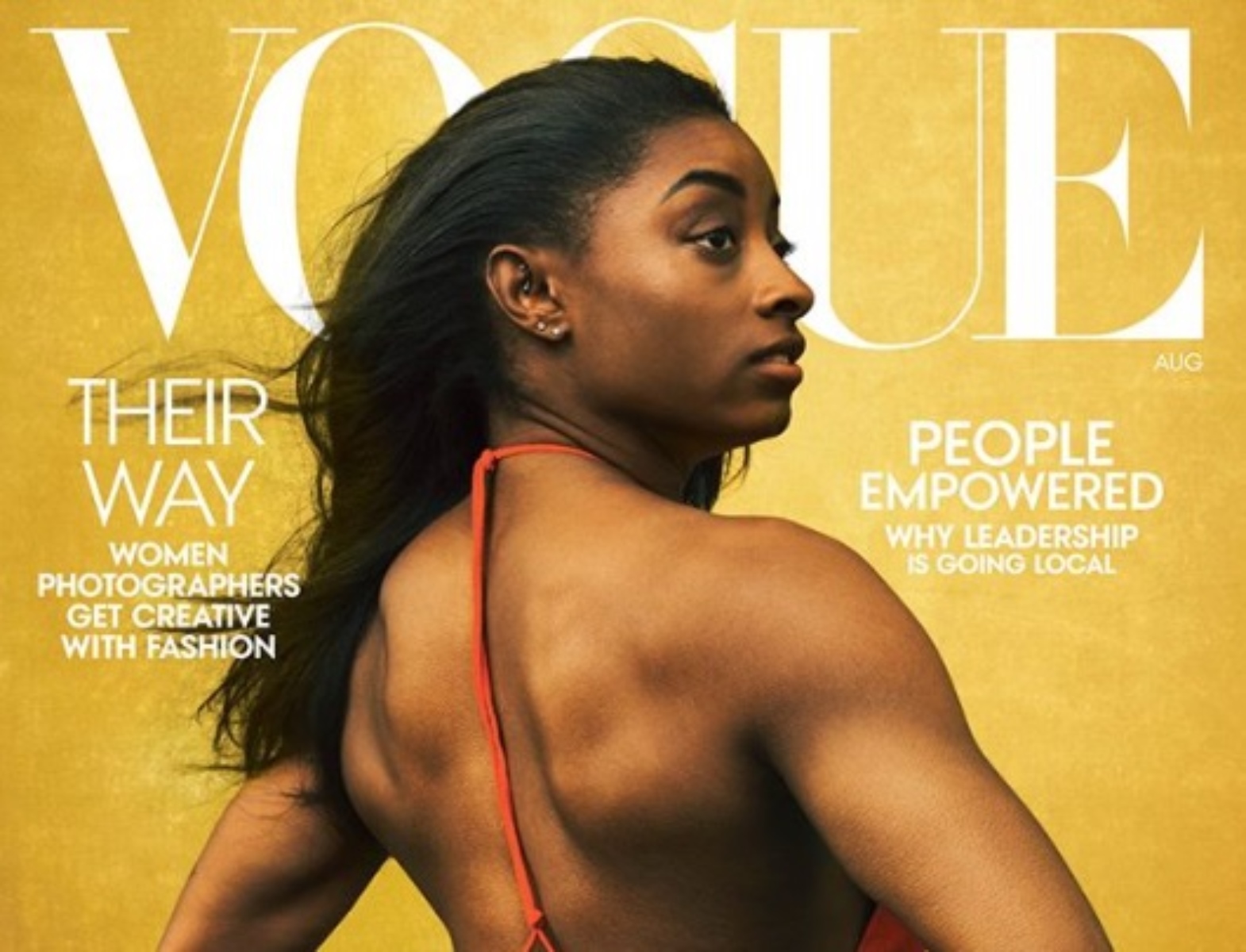Simone Biles sulla copertina di Vogue: «Razzismo da secoli. Ora giustizia per la comunità nera»


Simone Biles, 23 anni, è la ginnasta statunitense protagonista della copertina di agosto di Vogue America: la prima dedicata a un’afroamericana. Una conquista, una vittoria, l’ennesima per la quattro volte campionessa olimpica che, nonostante il lockdown e l’annullamento delle Olimpiadi di Tokyo 2020, ha ripreso ad allenarsi.
L’omicidio di George Floyd
La ginnasta, 25 medaglie di cui 19 d’oro, in questa lunga intervista a Vogue, parla degli abusi sessuali subiti ma anche delle proteste antirazziste a seguito della morte di George Floyd in America.
«Abbiamo bisogno di un cambiamento. Abbiamo bisogno di giustizia per la comunità nera. Le proteste pacifiche sono solo l’inizio del cambiamento, ma è triste che ci sia voluto tutto questo perché la gente ci ascoltasse. Il razzismo e l’ingiustizia nei confronti della comunità nera esistono da secoli. Quante volte sono accaduti questi episodi prima che ci fossero cellulari a testimoniarli?» ha detto.
Gli insulti per il suo aspetto fisico
Da ragazzina la chiamavano «swoldier» (da «swollen», cioè gonfio, e «soldier», soldato), poi, invece, da atleta, è finita nel mirino di commenti vergognosi sul suo aspetto fisico. «Si concentrano sui miei capelli o su quanto siano grandi le mie gambe. Ma Dio mi ha fatto così e sento che se non avessi queste gambe o questi polpacci, non sarei in grado di volare più in alto che posso e realizzare quei salti e quelle figure che ora portano il mio nome», dice.
E lancia un messaggio forte e chiaro alle ragazze: «Non importa quanto tu sia bravo nel tuo sport, nella vita, nel tuo lavoro, la cosa principale di cui la gente parla è come appari. Ma il modo migliore per gestire questa pressione è ignorarla».
Gli abusi sessuali
Simone Biles ha anche subito abusi sessuali da Larry Nassar, ex medico della squadra di ginnastica americana, l’USA Gymnastics. Con lei anche altri atleti, vittime dello stesso dottore, poi condannato con l’accusa di violenza sessuale. «Sapevo che alcune ragazze avevano subito cose peggiori delle mie. Così era come se io non fossi stata abusata. Non volevo ammettere con me stessa quello che in realtà era successo».
Foto in copertina da Instagram | Vogue
Leggi anche:
- «Contattami, cerco te!», il manifesto elettorale di Caterina Zilio che fa discutere
- «Black Lives Matter»: la scritta davanti alla Trump Tower. Il presidente Usa: «New York è un inferno»
- Marco Rossi è stato cacciato dal Monregale Calcio dopo il video razzista. Parla il legale: «Video diffuso a sua insaputa»
- Milano, al flash mob dei rider spunta la contestatrice: «Viva Salvini». Poi simula uno sputo a un ragazzo di colore – Il video
- Il calciatore Keita (ex Lazio e Inter) paga vitto e alloggio a 150 braccianti: «Avrebbero dormito in strada»
- «Non c’è libertà se non si può essere razzisti», la stramba teoria del leghista Matteo Gazzini
- «Handicappata, straniera di me***», gli insulti e minacce contro l’azzurra Beatrice Ion e sua madre per un parcheggio. Pestato suo padre
